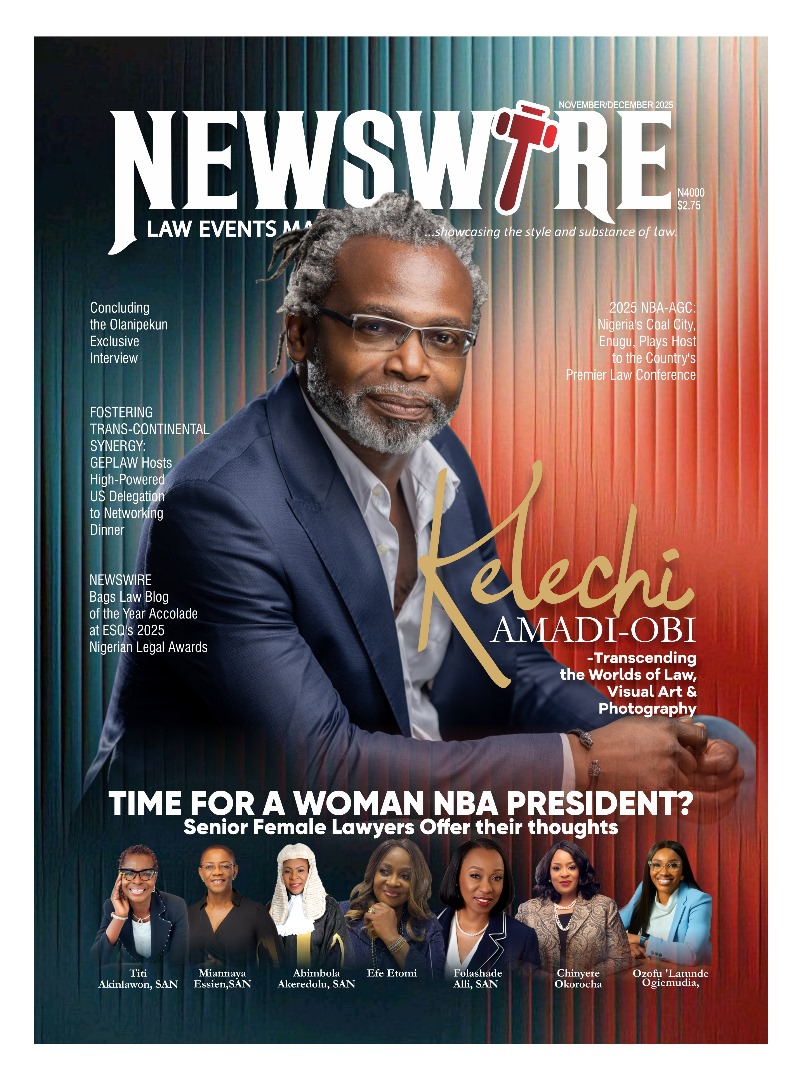Whenever the issue of admissibility of a document sought to be tendered by a person who is not the maker comes up, section 83 of the Evidence Act becomes relevant. Section 83 provides:
In any proceeding where direct oral evidence of a fact would be admissible, any statement made by a person in a document which seems to establish that fact shall on production of the original document be admissible as evidence of that fact if the following conditions are satisfied;
If the maker of the statement either;
- Had personal knowledge of the matters dealt with by the statement; or
Where the document in question is or forms part of a record purporting to be a continuous record, made statement (in so far as the matter dealt with by it are not within his personal knowledge) in the performance of a duty to record information supplied to him by a person who had, or might reasonably be supposed to have, personal knowledge of those matters; and
If the maker of the statement is called as witness in the proceeding;
Provided that the condition that the maker of the statement shall be called as a witness need not be satisfied if he is dead, or unfit by reason of his bodily or mental condition to attend as a witness, or if he is outside Nigeria and it is not reasonably practicable to secure his attendance, or if all reasonable efforts to find him have been made without success.
In addition, the Court may admit such a document if it is satisfied that undue delay or expense would otherwise be caused.[1]
In Lambert v. Nigerian Navy, it was held that the proper person through whom a document is tendered is the maker of such document… And if a person who was not a maker tenders the document, the trial judge should not attach any probative value to the document.[2] This is because the person tendering the document not being the maker of the document cannot answer questions arising from any cross examination.
Now, what happens where a document which emanated from a company, is sought to be tendered by a witness who did not make the document but is a staff of a company?
In Alhaji Abba Satomi v Bank of the North Ltd, the Court per Musdapher JSC (as he then was) held:
It is settled law, that a company as the respondent bank herein is a juristic person and can only act through its agents or servants. Any agent or servant can consequently give evidence to establish any transaction entered into by a juristic personality. Even where the official giving the evidence is not the one who actually took part in the transaction on behalf of the company. Such evidence nonetheless relevant is admissible, will not be discountenanced or rejected as hearsay.[4]
Also, in Elias v FRN,[5] the Court of Appeal per Jummai Hannatu Sankey JCA at pages 71 – 72 paras C – A upheld the decision of the trial court which exercised its discretion to admit two statements of accounts tendered through PW6 – one of a team of police officers which investigated the allegation against the Appellant as follows:
For ease reference she stated inter alia as follows at pages 130 – 132 of the record:
The two statements of accounts from GTBank have been duly certified on the face of both of them by the internal control officer of the bank, Mr Elo Osigho. He has also signed the certificates of identification attached to each statements of account stating in details how the statements were produced from the computers of the bank as required by section 84 (4) of the Evidence Act, 2011. In my view this is enough to satisfy the requirement of the law. It will be superfluous and an unnecessary waste of time and cost to insist that the maker must also come to court to tender those documents. Emphasis supplied).
This finding is in consonance with s 83 (2) of the Evidence Act which provides for the admissibility of documentary evidence as to facts in issue where the maker is not called as a witness.”
Generally, for a document to be admissible, it must pleaded, relevant and in an admissible state [6] So, where the document is pleaded, relevant and in an admissible state, a staff who is called as a witness but not the maker can tender the document. This is especially so, where it will entail undue delay and expenses in the proceedings for the signatories to the document to be called to tender the document.
[1] Evidence Act, s 83 (2).
[2] (2006) 7 NWLR (PT.980 )514 at 547.
[3] Belgore v. Almed (2013) 8 NWLR (pt.1355) 60 at 96-97; See also the case of Iniama v. Akpabio (2008)17 NWLR (Pt.1116) 225 CA.
[4] (2006) LPELR – 2991 (SC)11 para B – D.
[5] (2016) LPELR – 40797 (CA).
[6] See Okonji v Njokanma (1999) 6 NWLR (Pt 638) 250; Okoye v Obiaso (2010) 7 NWLR (Pt 1195) 145 at 163.
-Advertisement-
Grab our latest Magazine, "Kelechi Amadi-Obi - Transcending the worlds of Law, Visual Art and Photography". Get your order fast and stress free.
For more details about Newswire Law&Events Magazine, kindly reach out to us on 08039218044, 09070309355. Email: newswiremagazine@yahoo.co.uk. You will be glad you did
Download E-MagazineDo you want to be heard, your events covered, your articles published, or need to advertise your products and services on our Blog and Magazine, reach out to us at Newswire Law and Events, you will be glad you did. For more details about our services, please call: 08039218044, 09070309355. Email: newswiremagazine@yahoo.co.uk








